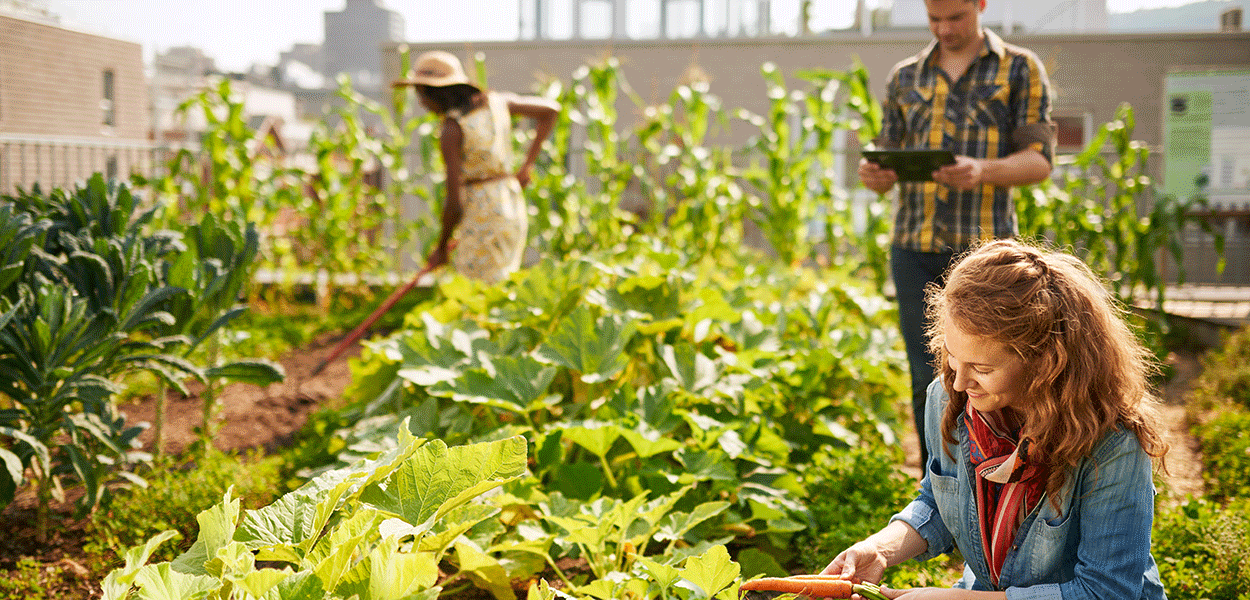Environmental risks
Few vegetables, fruits and whole grains, lots of carbohydrates and fats and large amounts of meat characterise the eating behaviour of many Europeans. 'Poor diets are one of the biggest threats to public health,' describes Dr. Grasso. These poor eating habits are linked to diseases such as obesity. Not only our bodies but also the planet suffers from this: climate change, loss of biodiversity and depletion of natural resources are the result of poor nutrition in the West, says Alessandra Grasso. It is clear that we need to eat better, but a one-size-fits-all solution is lacking. How can dietary recommendations also be environmentally focused?
Investigating dietary needs of specific groups
One of the results of Grasso's research was that additional consumption of recommended products such as vegetables, fruits and grains can lead to an increase in the environmental impact of food if meat consumption is not reduced. While we know that animal products are a threat to both health and the planet, there is no one-size-fits-all solution. Alessandra Grasso argues that more information is needed on the different dietary needs and health considerations of specific groups of people in society. For example, the elderly are often given the dietary advice to eat more protein-rich foods, with a preference for animal proteins that harm the environment.
More protein as well as a reduction of greenhouse emissions
The study shows that even with diets requiring large amounts of protein, it is still possible to reduce greenhouse gases. For instance, elderly people can eat less meat, choose meat substitutes more often and replace beef and lamb with chicken. Other groups of Dutch people can more easily reduce their meat consumption to reduce greenhouse emissions. To better understand people's food choices, according to health scientist Grasso, more insight into people's motivations is needed to encourage them to eat more healthily and animal-friendly. Nutritionists can then play an important role in the transition to more sustainable eating.
The results of this research have contributed to ecologically sustainable food strategies for two European projects: MooDFOOD and PROMISS. These recommendations are available to dieticians, healthcare professionals and scientists. As a follow-up to this research investigates junior researcher Rosalie Bakker of the department of Health Sciences in collaboration with the World Wildlife Fund the effects of nutrition on health and sustainability. She focusses her research on sustaining biodiversity.



